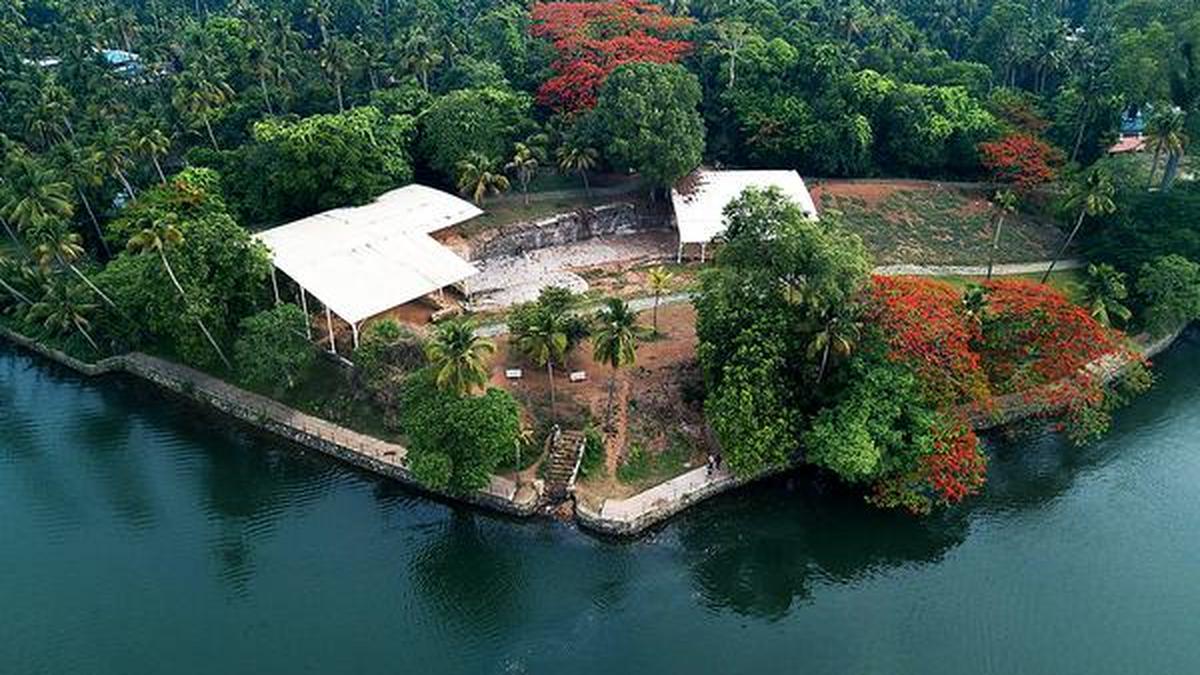By The Hindu Bureau
Copyright thehindu

As many as 10 unique Spice Route-based tourism circuits will be available for travellers in a year’s time. These spices and port-based trails will be created by stringing together the ancient ports and important heritage locations in the State, according to Sharon Veettil, Managing Director, Muziris Projects Limited.
The Muziris Projects Limited has introduced a unique project — the Spice Route Initiative — under which a range of initiatives and programmes have been planned.
The master plan for the Spice Route Initiative will be created soon.
The spice route circuits for travellers will be an experimental one, created by focussing on ancient ports and heritage structures in the State.
“It will be different from the present heritage tourism circuits in the State. We will link the ancient ports, key locations involved in spice trade, heritage structures and intangible cultural heritage in these regions, thereby offering a diverse experience for the travellers. The plan is also focussed on reviving the intangible heritage,” he said.
These proposed projects also work with the academic community. The Muziris Projects Limited will tie up with Mahatma Gandhi University to provide short-term courses focussed on heritage interpretation, heritage and sustainability, museum management and so on.
Educational tourism
“The focus is on educational tourism and having collaborations between universities. This could throw up opportunities to exchange knowledge, and foster good relationships with the countries with whom we have shared trade relations in the past. There is a common shared history here and it will build stronger relationships with these countries. We can also tie up with foreign universities,” he said.
A traditional knowledge museum will also be set up. The focus is on preserving traditional knowledge so that they do not get lost.
“We plan to create a repository of age-old traditional knowledge, be in the field of architecture, food, spice, culture or art. These figure under intangible heritage. We are focussed on preserving the wealth of knowledge so that they do not disappear or get lost when traditional artisanal industries decline or when they stop practising the art or skill. If a community is willing to share their knowledge, we will safeguard it and make a repository through the museum,” he added. Along with this, a food museum will also be set up in Kozhikode.
Diverse cuisine
“The varied and diverse cuisine in Kerala itself calls for the establishment of the museum. The cuisine will be linked to the spice history of the State,” he said.
The traditional recipes of the State will also be showcased using 3D projection at the museum.
The project will kick off with a Spice Route International Conference in January. The conference will have discussions on Kerala’s maritime history, heritage, spice and trade relations, and talks on the old travel circuits which were forged around spices and spice trade, he added.



